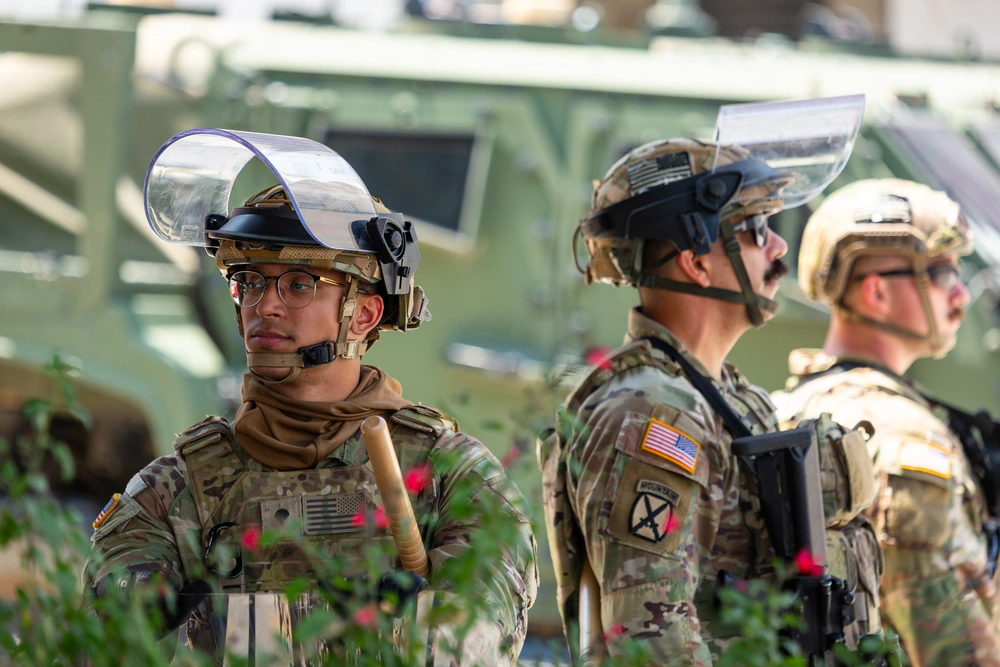Already a subscriber? Make sure to log into your account before viewing this content. You can access your account by hitting the “login” button on the top right corner. Still unable to see the content after signing in? Make sure your card on file is up-to-date.
The Trump administration has officially requested that the Supreme Court intervene in a legal dispute over its attempted deployment of National Guard troops to Chicago.
Some shit you should know before you dig in: If you’re unaware, President Trump recently ordered the deployment of National Guard troops to Chicago, arguing that the move was necessary to protect federal personnel and property amid what his administration described as violent, coordinated resistance to immigration enforcement. Citing threats and attacks on ICE and Customs and Border Protection agents, Trump invoked a rarely used federal statute to take control of Illinois and Texas National Guard units. The city of Chicago, along with the state of Illinois, has opposed the deployment, filing a lawsuit claiming the federalization infringes on state sovereignty and that the protests in question have been overwhelmingly peaceful.

What’s going on now: In a notable development, the Trump administration called on the Supreme Court to strike down a lower court order that blocked the deployment of National Guard troops in Illinois. In a 43-page emergency filing submitted by Solicitor General John Sauer, the administration argued that the federal judiciary had overstepped its authority by interfering with the president’s constitutional powers as commander in chief. The administration is asking the Court to fully lift the injunction issued by a district court and allow the immediate deployment of National Guard personnel to Chicago, claiming the delay “needlessly endangers federal personnel and property.”
This all kicked off after US District Judge April Perry issued a temporary restraining order that prevented the federal government from deploying National Guard troops in Illinois. Perry found that the Trump administration had failed to provide credible evidence of a “rebellion” or other qualifying emergency under Title 10 authority, stating, “There is no credible evidence that there is a danger of rebellion in the state of Illinois.” Perry also noted inconsistencies in the federal government’s narrative, adding that Department of Homeland Security accounts of protest-related violence were unreliable. She emphasized that local protests had not exceeded 200 people and that law enforcement on the ground did not support the administration’s claims of ongoing violence.
The administration’s appeal was partially reviewed by a three-judge panel on the 7th Circuit Court of Appeals, which included appointees from Presidents Trump, Obama, and George H. W. Bush. While the panel allowed the president to retain federal control over the National Guard, it upheld the ban on deploying those troops within Illinois. The judges wrote, “The facts do not justify the President’s actions in Illinois,” and added, “Political opposition is not rebellion.”







